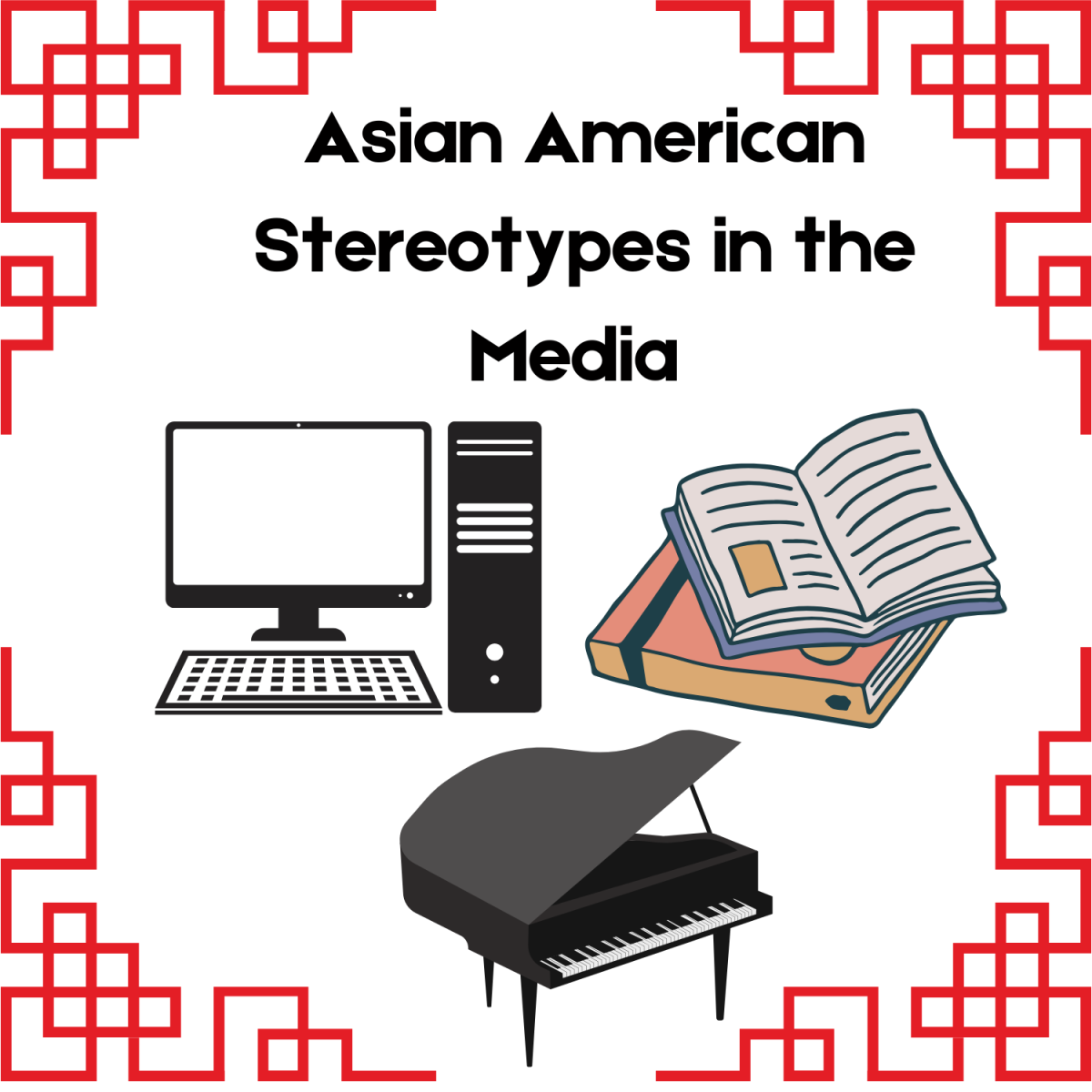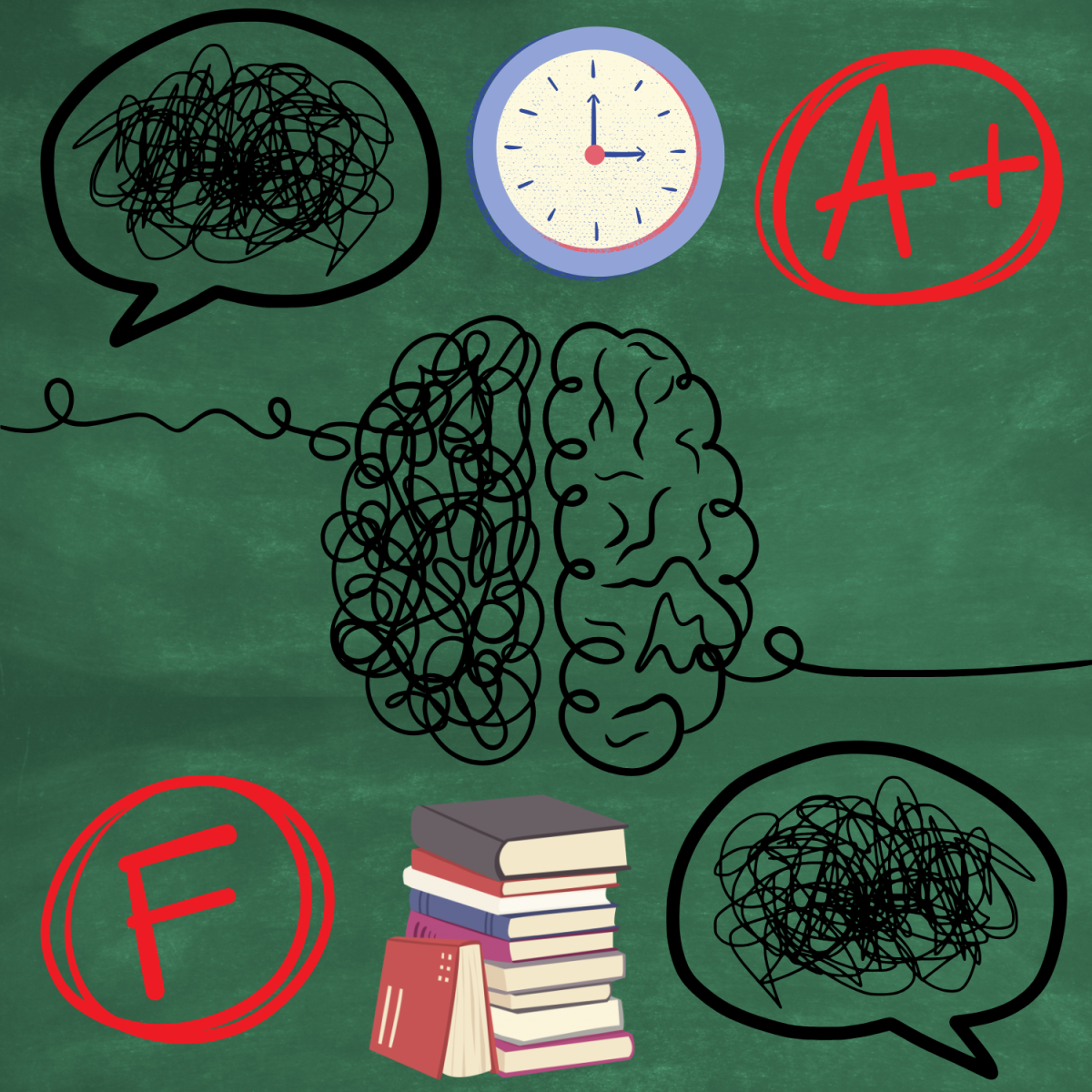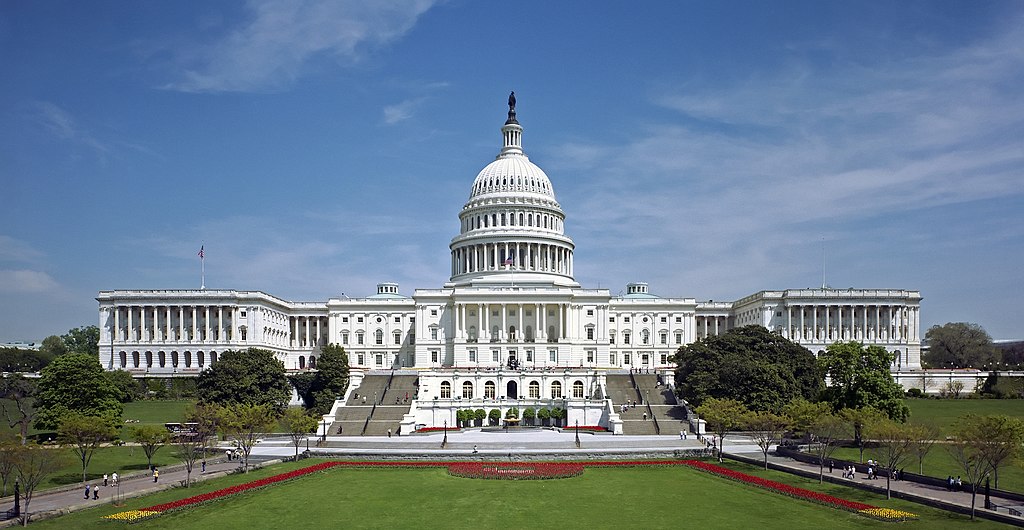The First Amendment guarantees the freedom of religion. However, for many growing up in religious homes, this simply isn’t the case.
A study by researcher Chiki Ogiue finds that 90% of children have been forced to attend religious events by their parents. While these parents have good intentions, these actions can do more harm than good. Even when these beliefs are presented in a nurturing manner, the underlying message is still the same: The only way to be “saved” is to believe what we (the parents/church) believe. Anything else is inherently wrong.
This prevents children from discovering their own values and faith. Furthermore, it instills a sense of fear in the child, as questioning is viewed as “rebellion” or “sin.” This is why many who doubt religious teachings do so silently and are afraid to speak up. The implications of this can be devastating. After all, how can you have a healthy relationship with your kids if they can’t be honest with you? In this sense, religion can serve as a form of control. Kids are forced to choose between their parents’ approval and expressing their true opinions. This creates an environment where kids, especially teens, are forced to be someone they’re not.

“My parents would be extremely upset,” said Larissa Nivard, when asked if her parents would be okay with her converting or renouncing religions. “They’d think their way is the right and only way.”
Story continues below advertisement
This can be detrimental to a child’s mental health, as families are supposed to be a “safe space” for children. Additionally, the strict regulations in some churches can make religion more of a ritual than a faith. Many parents find comfort in a perceived God, but that doesn’t mean the same is true for their children. This becomes even more complicated when politics are involved. While the bible, the Quran, and other religious texts are concrete books, people’s interpretations of these texts can differ greatly. Naturally, some religious figures find ways to distort these messages and use them as an excuse for homophobia, transphobia, sexism, and racism. This can make Sundays particularly daunting for many teens, creating feelings of alienation and pressure to conform; the only cost of not doing so is your reputation and relationships.

“There’s a really important difference between including your children in traditions and forcing opinions on them,” says Richard Dawkins, who believes children should get to decide these things for themselves.
There’s nothing wrong with exposing your child to different religions. However, this should be done with an open mind and without bias towards a certain belief.
Parents always demand respect from their children.
So shouldn’t they also be obligated to respect their children’s opinions?













